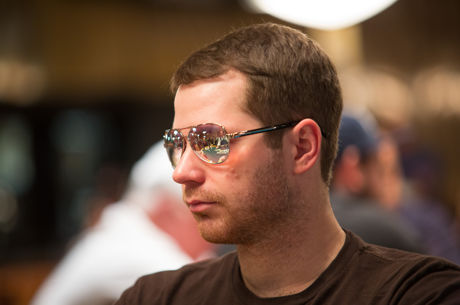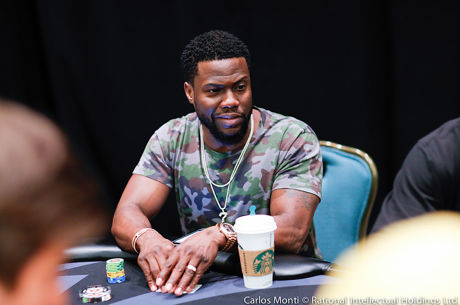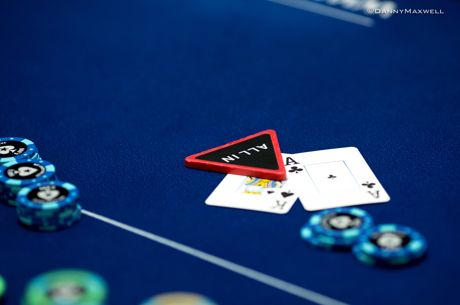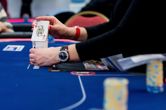How to Play Top Pair, Top Kicker on a Coordinated Board
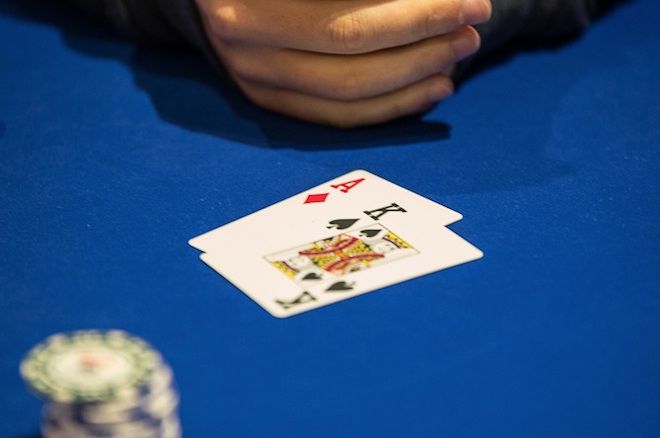
Today's hand comes from early in a $1,000 buy-in no-limit hold'em tournament and features a commonly faced situation �� you make top pair, top kicker, but the board is coordinated so that your hand realistically can be beaten.
The blinds were 100/200 with an ante of 25, and with effective stacks of about 20,000 we were deep. Dealt A?K? in the cutoff I raised to 500 and got calls from both the small blind (a tricky, agressive player) and the big blind (a more straightforward player).
The flop came A?Q?10?, giving me a pair of aces and a gutshot to Broadway. It checked to me and I decided to continuation bet 900 and only the big blind called. The 8? fell on the turn and my opponent checked again.
As I discuss in the video, I considered what hands my opponent would have to have to call another bet, hands that included ones that beat me, drawing hands, and a few others against which I was ahead. (Remember also this was the player I considered straightforward.)
I ended up checking behind (although looking back I think betting would have been fine, too), then the river brought the 7?. With about 3,500 in the middle my opponent checked again, and I had to decide once more whether to bet or check behind.
See what I chose to do and my reasons for doing so, as well as what happened:
It is important to understand that when there are many cards on the board that could give your opponent two pair, a straight, or a flush, you should often proceed with caution. That's because when you bet and get called, you will often be behind, whereas if you simply check behind, you will win a decent amount of the time.
Would you value bet on all three streets with top pair in this hand, or would you play it a bit more cautiously? Let me know in a comment below.
Jonathan Little is a professional poker player and author with over $6,300,000 in live tournament earnings. He writes a weekly educational blog and hosts a podcast at JonathanLittlePoker.com. You can follow him on Twitter @JonathanLittle.

